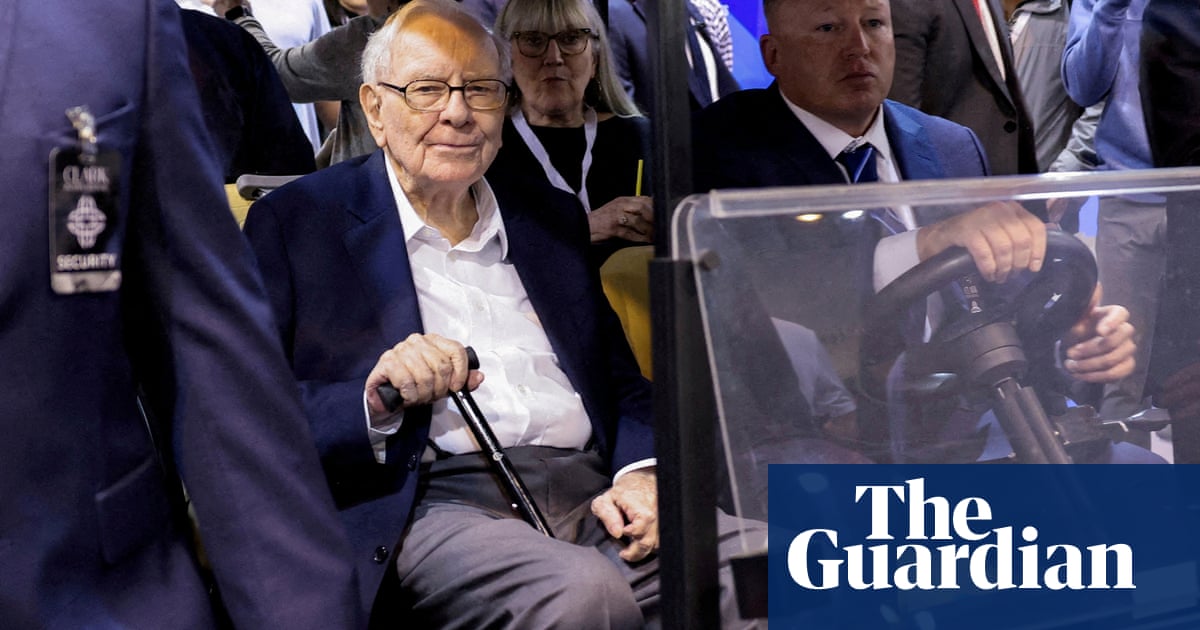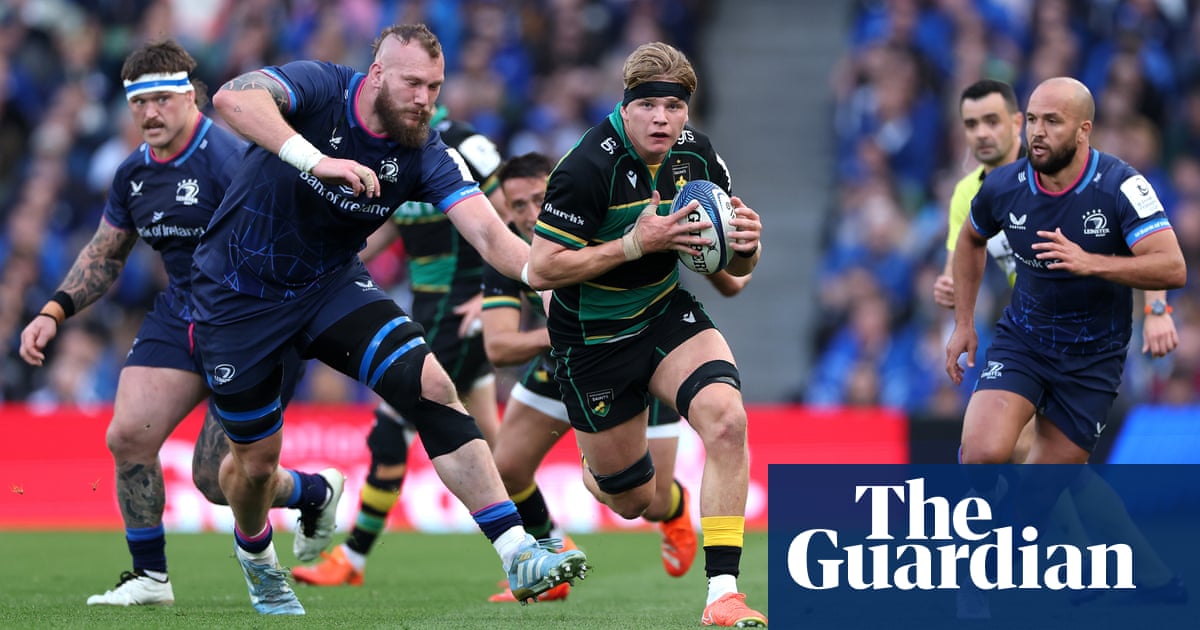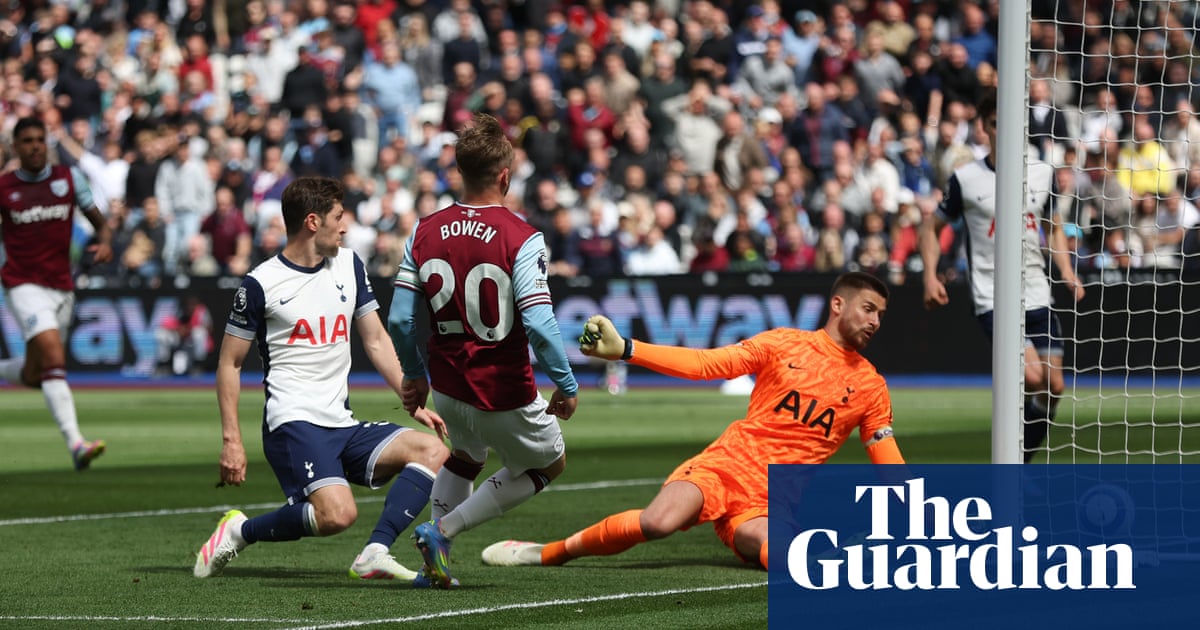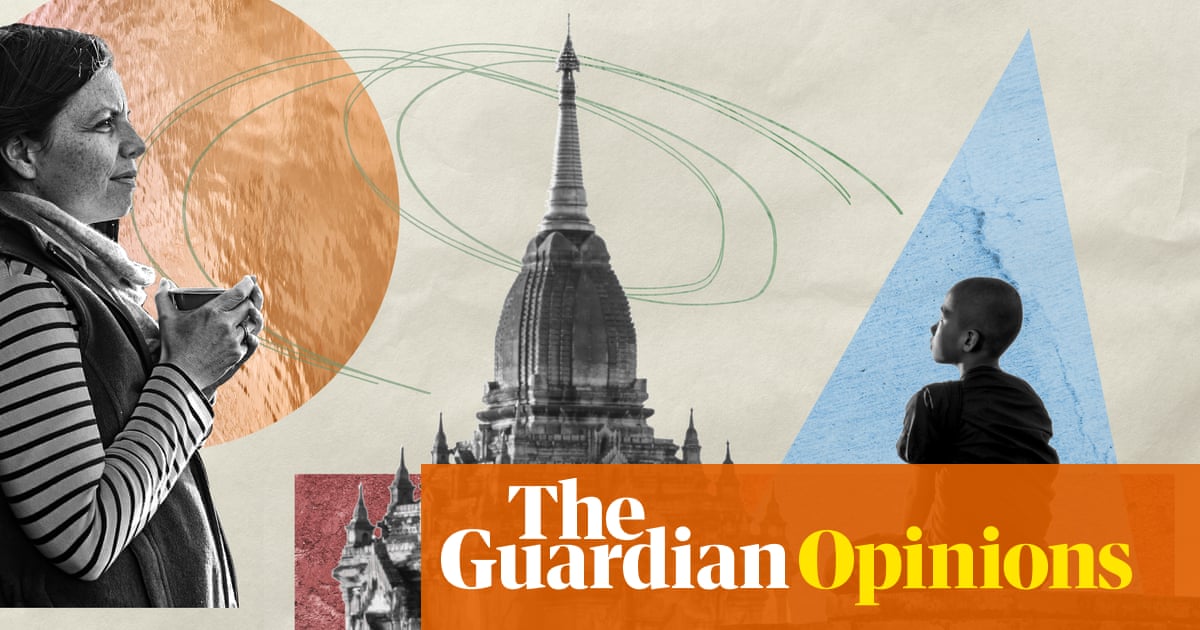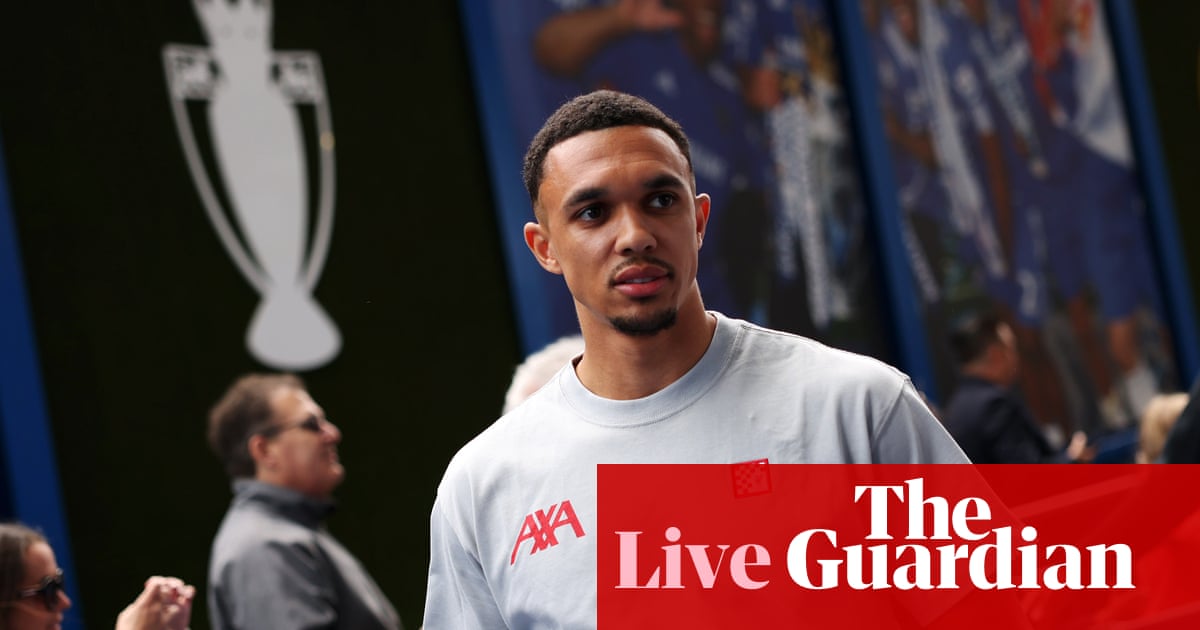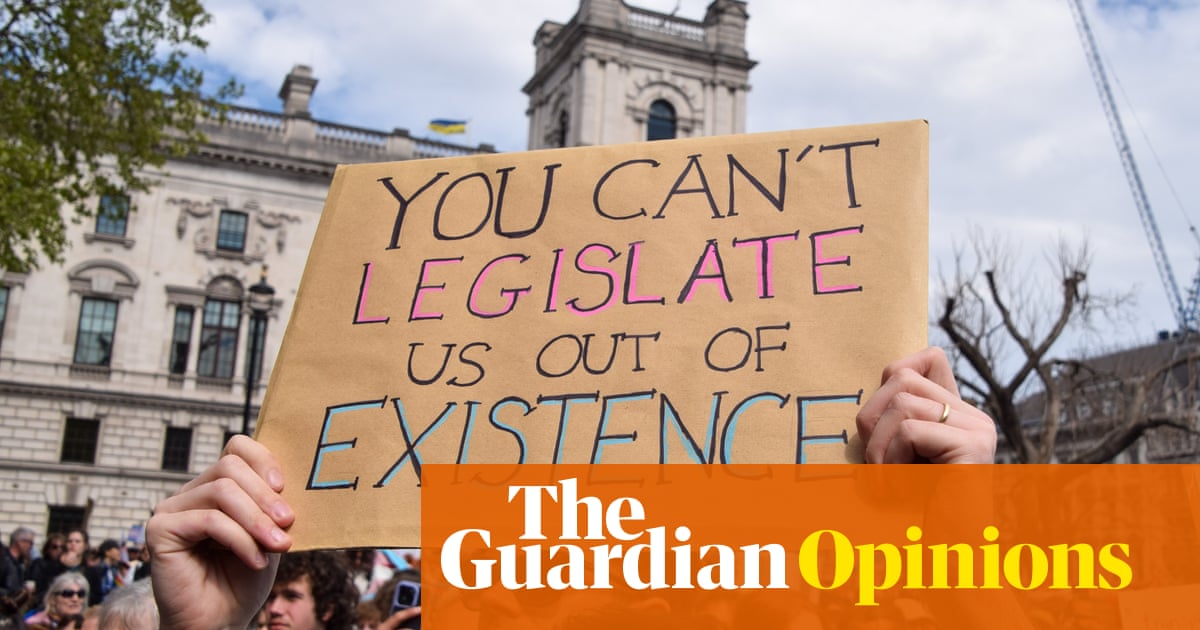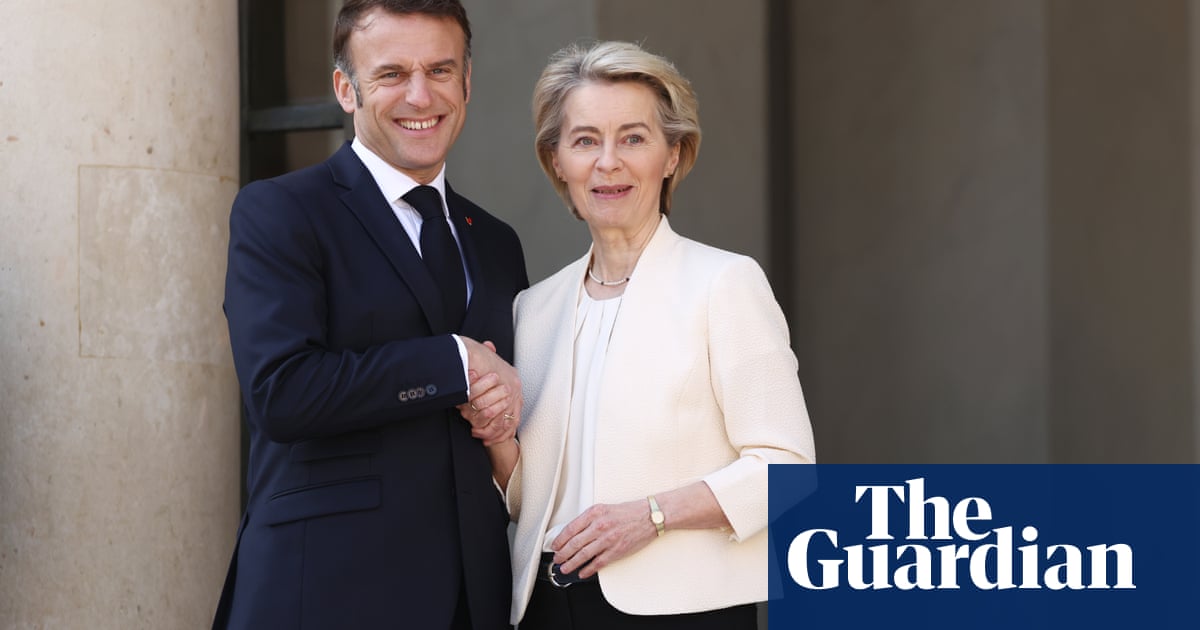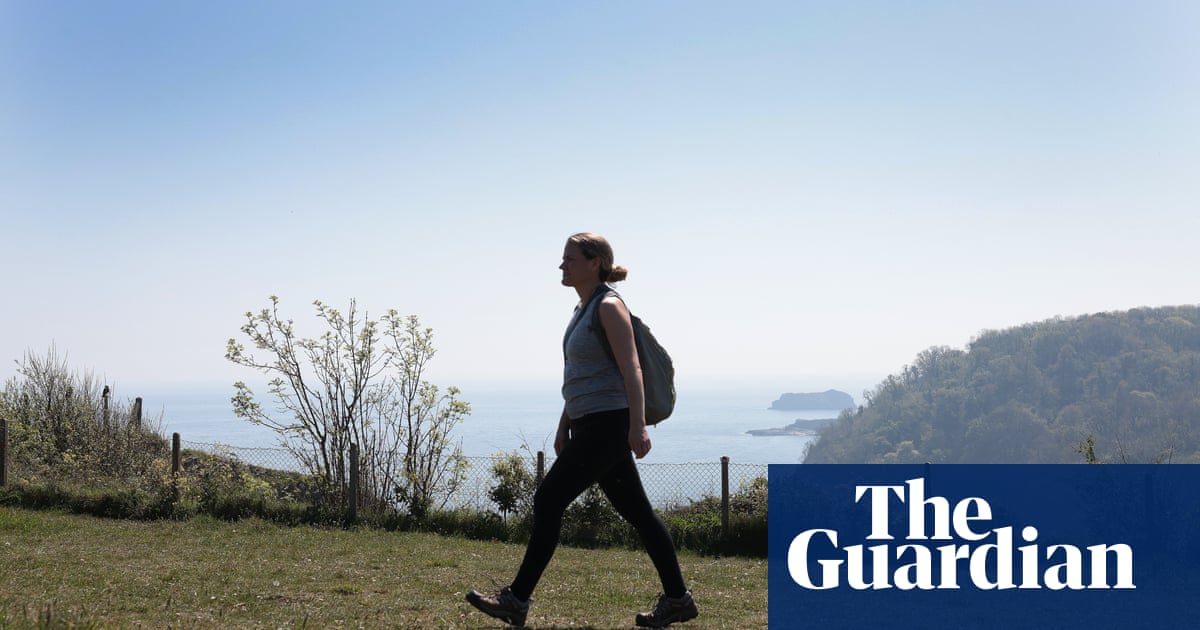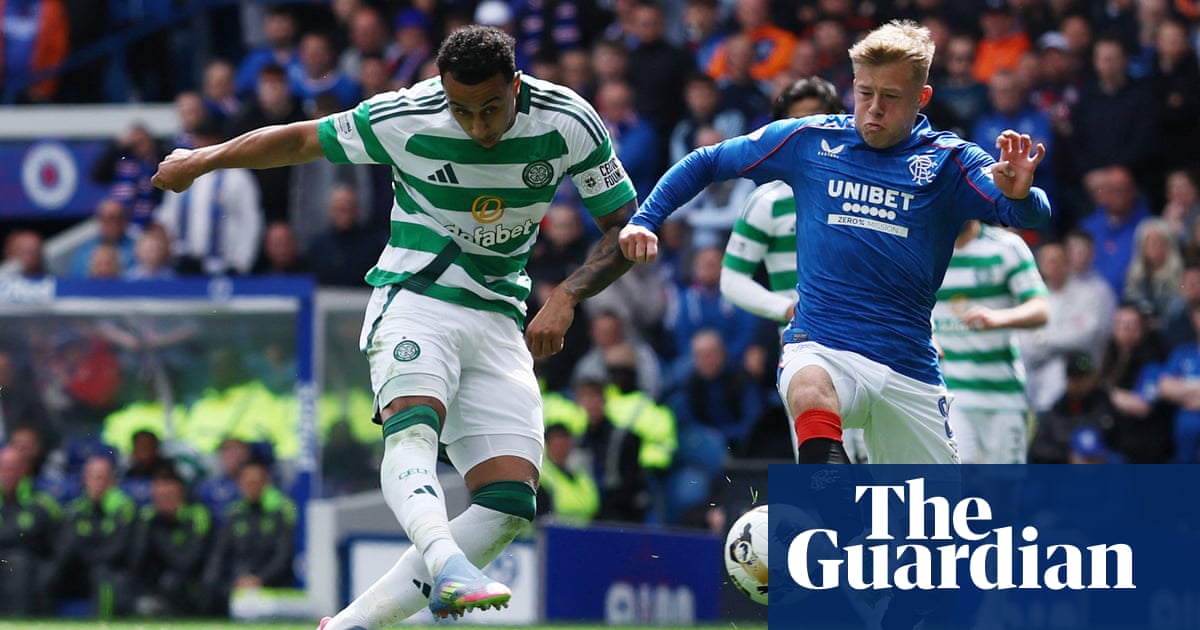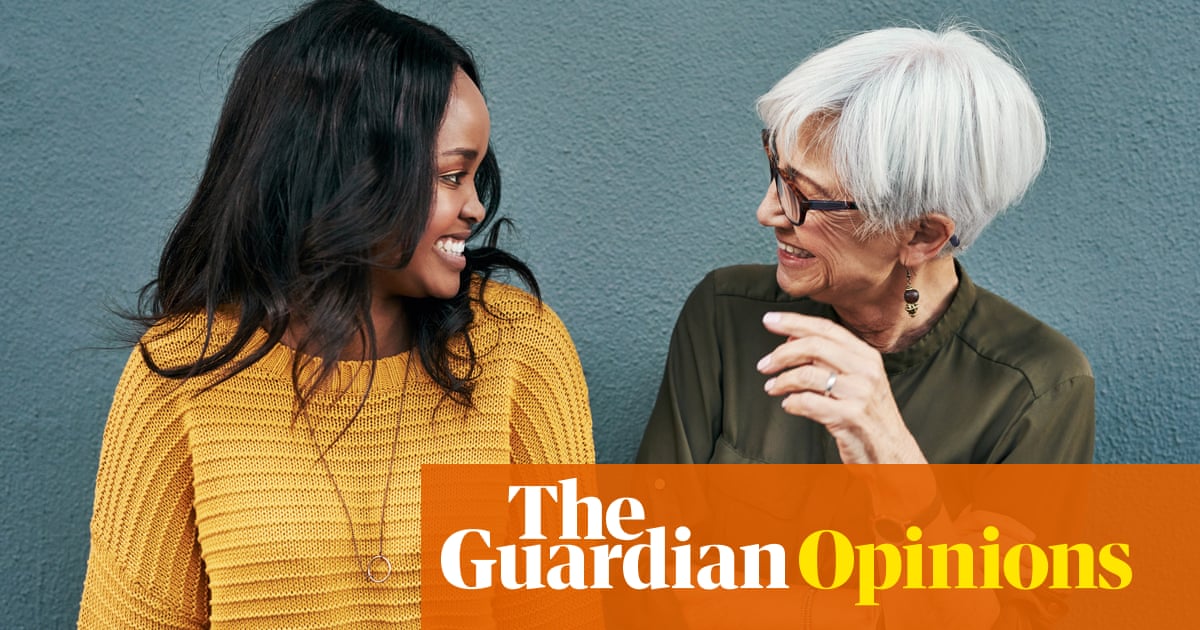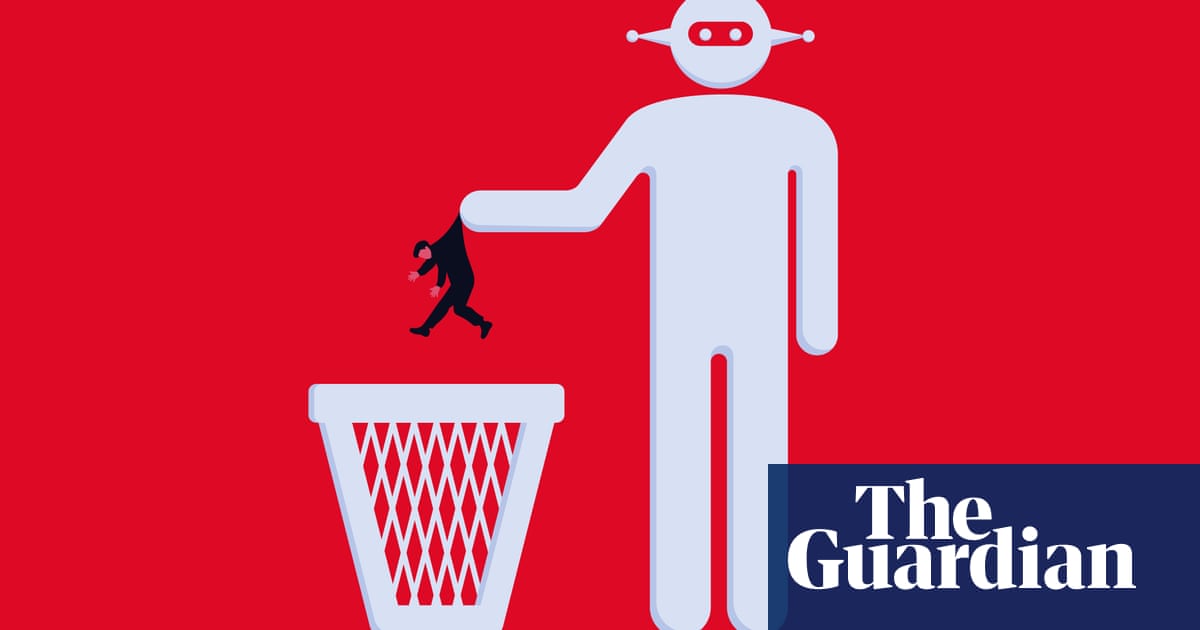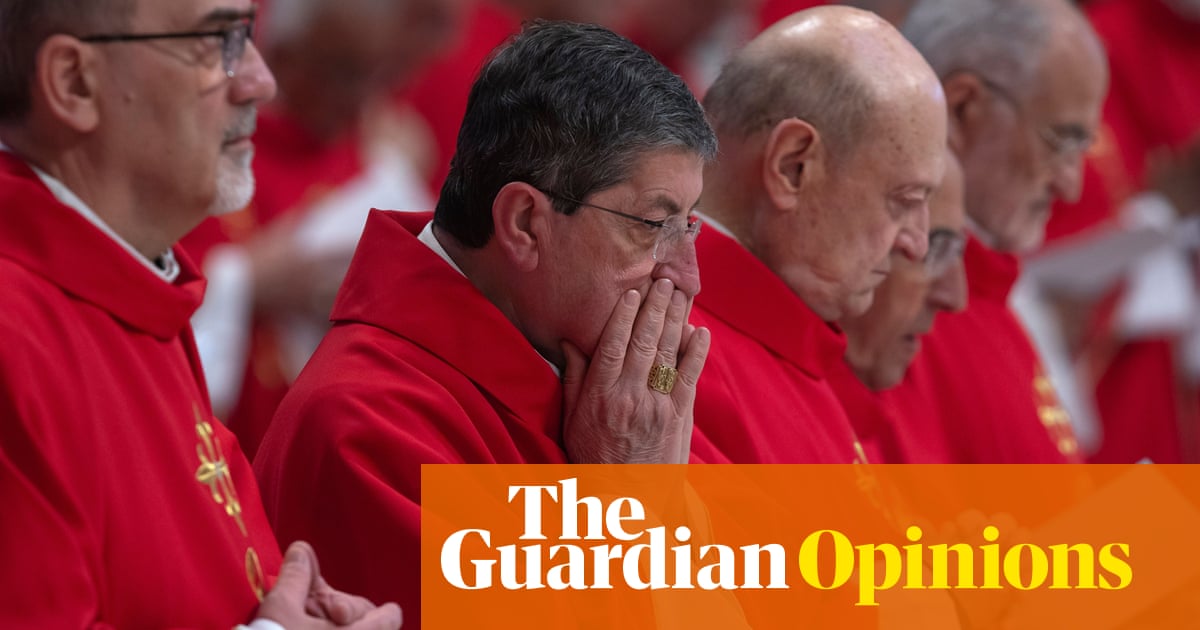Fawning and partisan podcasts that give politicians hours of unchallenged airtime pose a danger to democracy, Nick Robinson has said, as he warned that Britain must guard against going down the same polarised route as US media.
The BBC presenter said a “nostalgia brigade” pining after confrontational television interviews, in which Brian Walden grilled Margaret Thatcher and Jeremy Paxman took on Michael Howard, had lost sight of the real danger in how politicians now used the media. He pointed to partisan or obsequious media platforms that risked damaging “a shared space for a national debate”.
“The shared enemies, fellas, are the backers of partisan news, the backers of soft, creepy, chummy interviews on favoured networks or favoured platforms – the people who want to avoid scrutiny altogether and just broadcast a speech or an interview on YouTube or their social media channel,” he said.
“Britain could easily go down the route of the United States in which people are shoved into partisan silos. It’s a danger not because it’s a threat to the BBC; it’s about democracy. Is there a shared space for a national debate? People might shout at the radio and television, asking: ‘Why didn’t you ask that?’ or: ‘You should have been harder,’ or: ‘Why are you so rude to my guy?’ But you see people who want control over your lives quizzed and questioned, challenged and tested and held to account. That’s what matters, not the format.”
Robinson, who presents BBC Radio 4’s Today programme after years as its political editor, said long-form political interviews were not dead. However, he said they needed to adapt to a new media landscape in which politicians could simply ignore hard outings and choose from an array of media platforms, podcasts and hosts.
“Sometimes, if people want to criticise my interview, they’ll say: ‘Why weren’t you more like Andrew Neil’,” he said. “I’m happy to be challenged. But then, [during the 2019 election campaign] Boris Johnson chose not to be interviewed by Andrew Neil. I remember people celebrating an interview in which Jeremy Paxman, I think the phrase used was ‘beat up’, a woman called Chloe Smith, a junior Treasury minister.
“Actually, that’s the giveaway: somebody I had barely heard of – and I was a proper political journalist. The reason Jeremy had to rough up a junior Treasury minister is because other people wouldn’t come on. And Andrew’s brilliant, but Boris Johnson wouldn’t come on.”
Robinson said his Political Thinking podcast, which offered longer, more conversational exchanges with politicians, was one way of adapting. The podcast is to be broadcast regularly on BBC Two at Friday lunchtimes, starting next week. The move reflects a wider trend in which podcasts morph into television, with popular shows viewed via streaming services.
Podcasts have become increasingly influential in US politics. Donald Trump’s three-hour appearance on the Joe Rogan podcast before the US presidential election has now amassed 58m views on YouTube.
Robinson said he had asked himself whether his more conversational format risked giving politicians a way to avoid the BBC’s flagship interview – the Today programme’s 8.10am slot. However, he said there was no evidence so far that they were dodging it.
“Clearly, the danger that we’ve all got to be alert to is that, like Trump, you just choose your favoured partisan [outlet],” he said. “There are two dangers. Either you’ve got partisan people who literally just are your cheerleaders, or you’ve got creeps – they’re not necessarily your supporters, but they just want to be in with whoever’s in power.
“I get abuse on Twitter: ‘You’re no – insert name of great interviewer.’ It’s not going to be the same again, fellas. The world has changed … What the BBC is trying to do, and I hope Political Thinking does, is to say we can learn from the fact that we’re in a competitive market in which politicians don’t have to appear – that they have stories to tell, but we’re not partisan, and we’re not creeps, and we will ask proper questions.”
Robinson also denied there had been a falling out with his fellow Today presenter Emma Barnett, after reports that the pair had barely appeared alongside each other this year. “We all present with each other, and we will all present with each other from now on,” he said. “We all love each other!”

.png) 4 hours ago
3
4 hours ago
3
